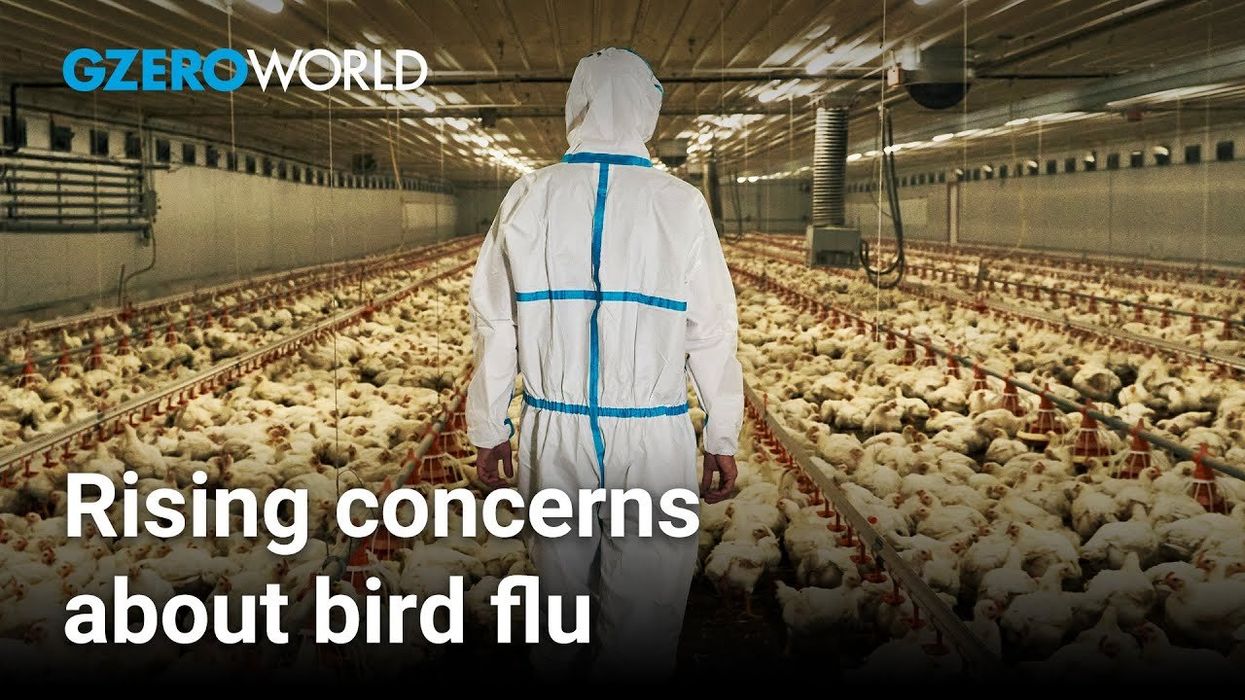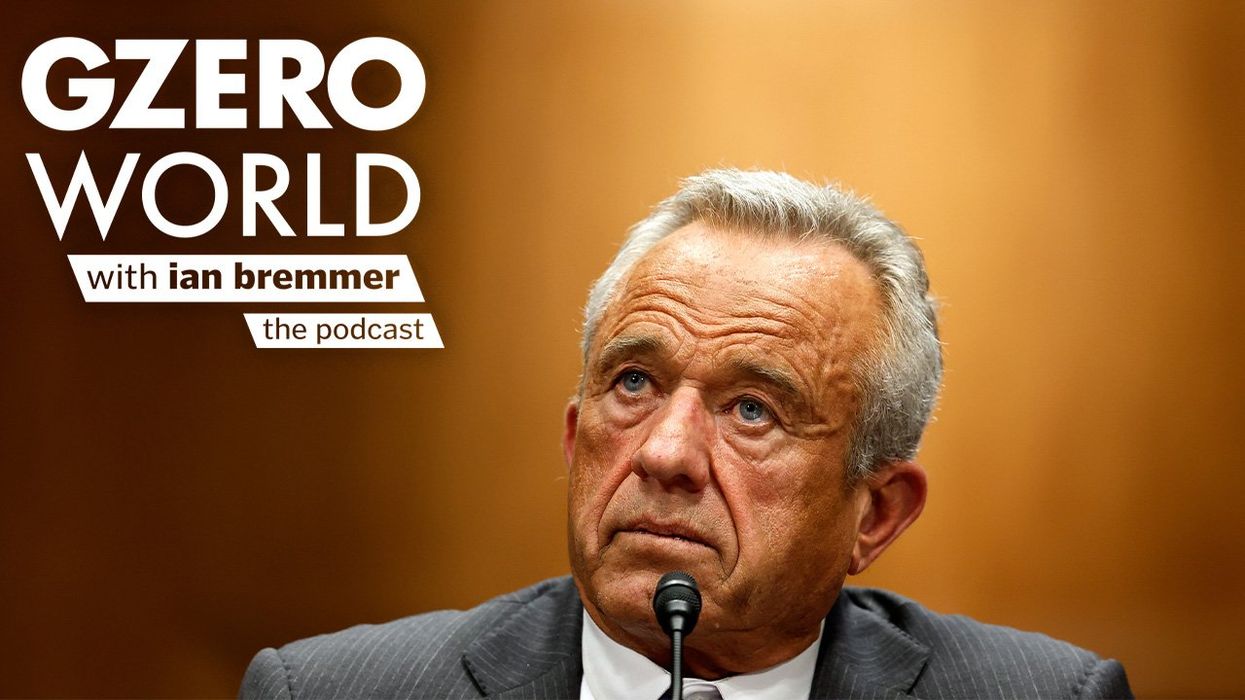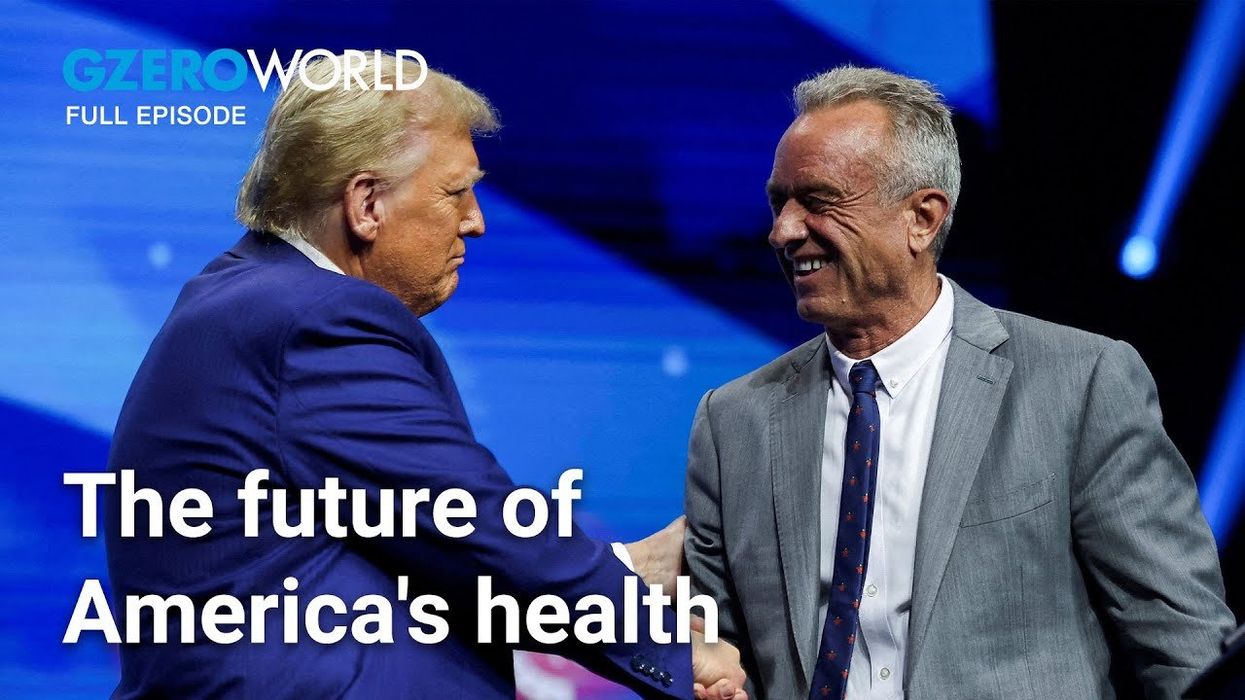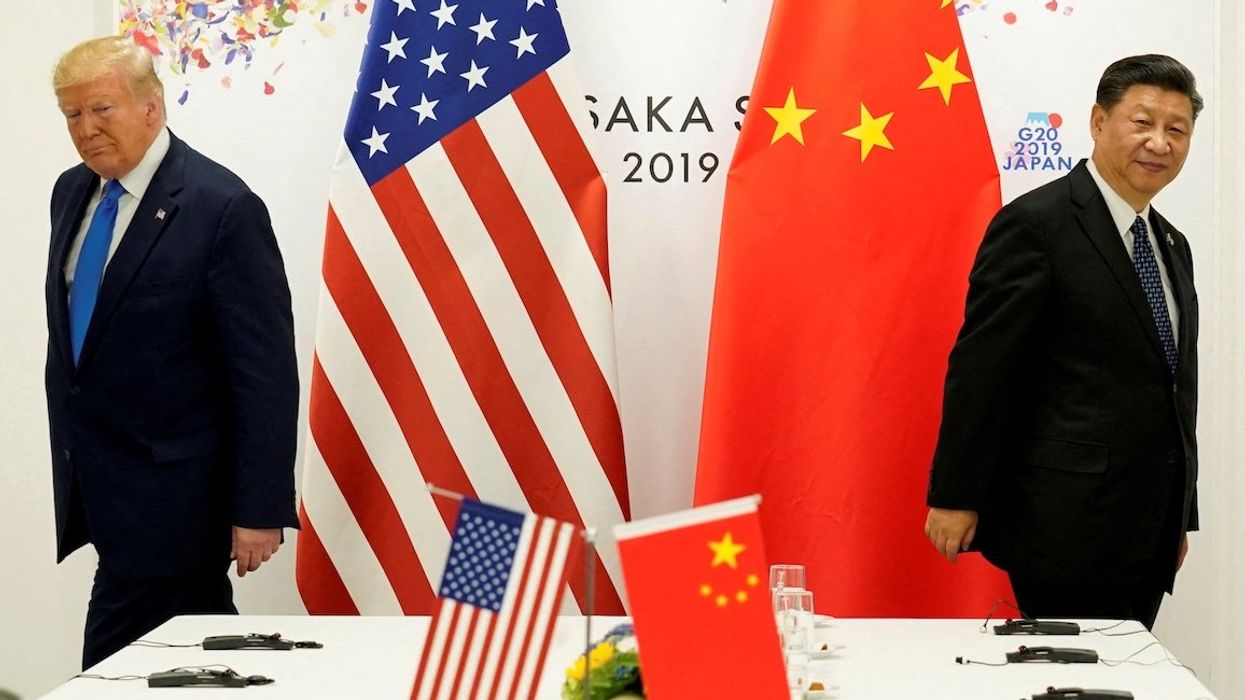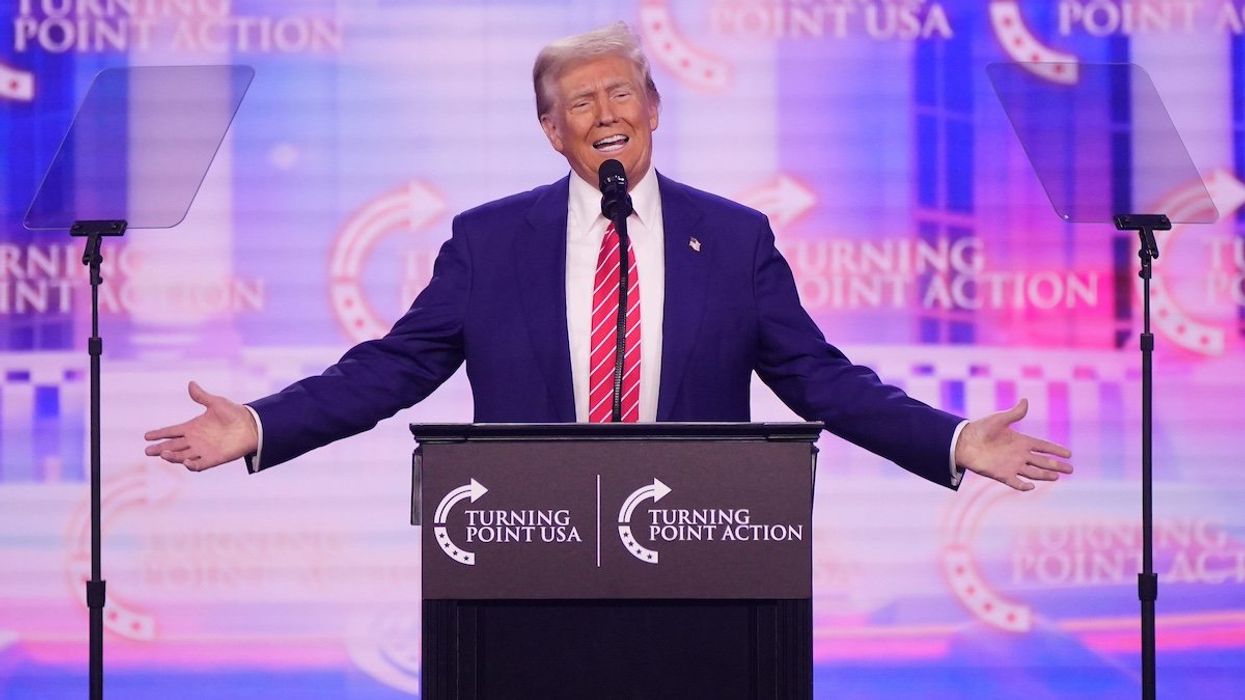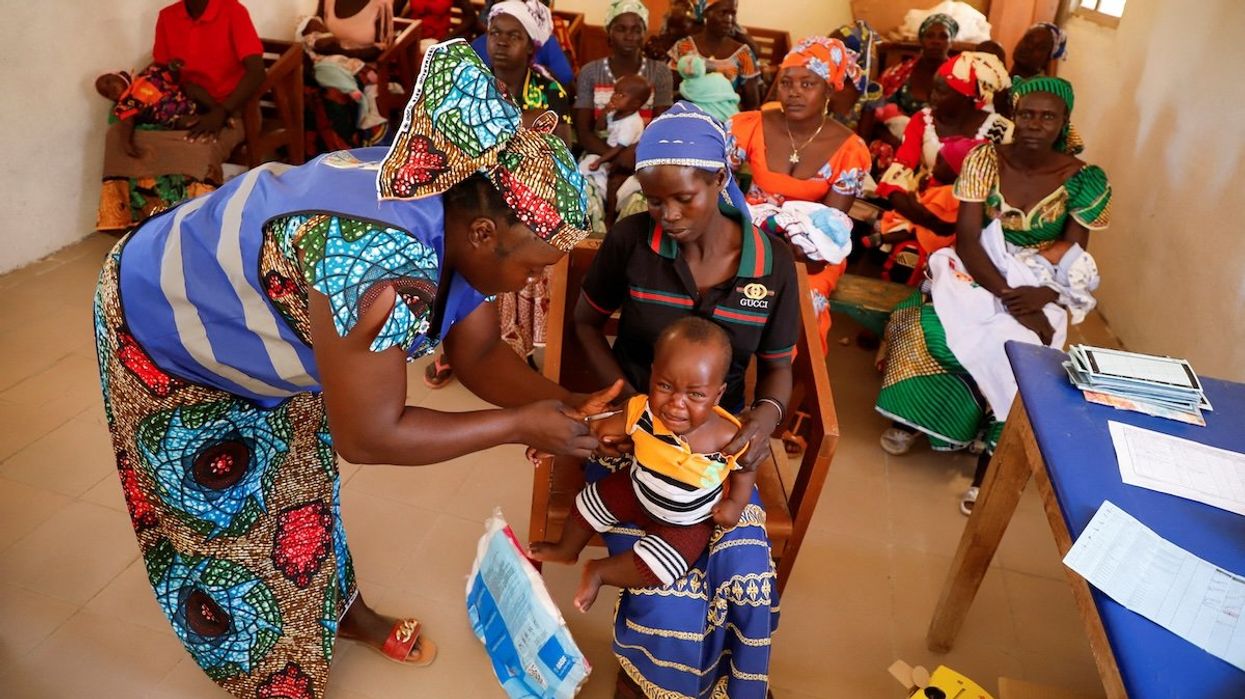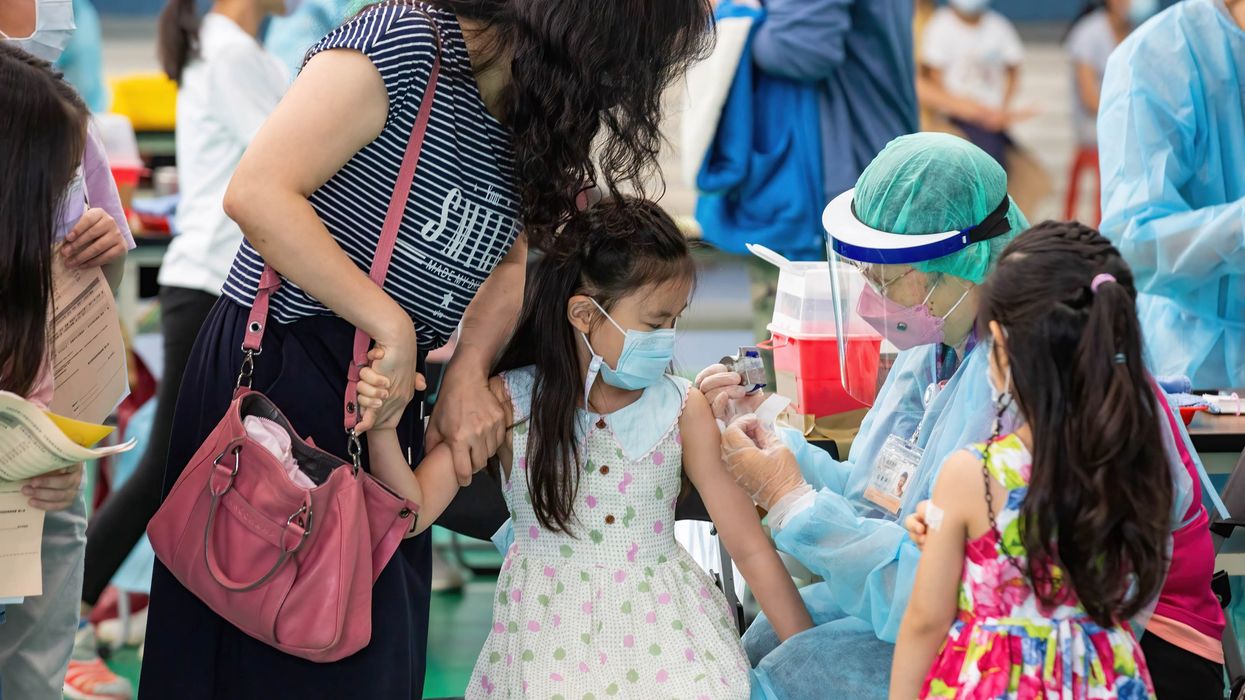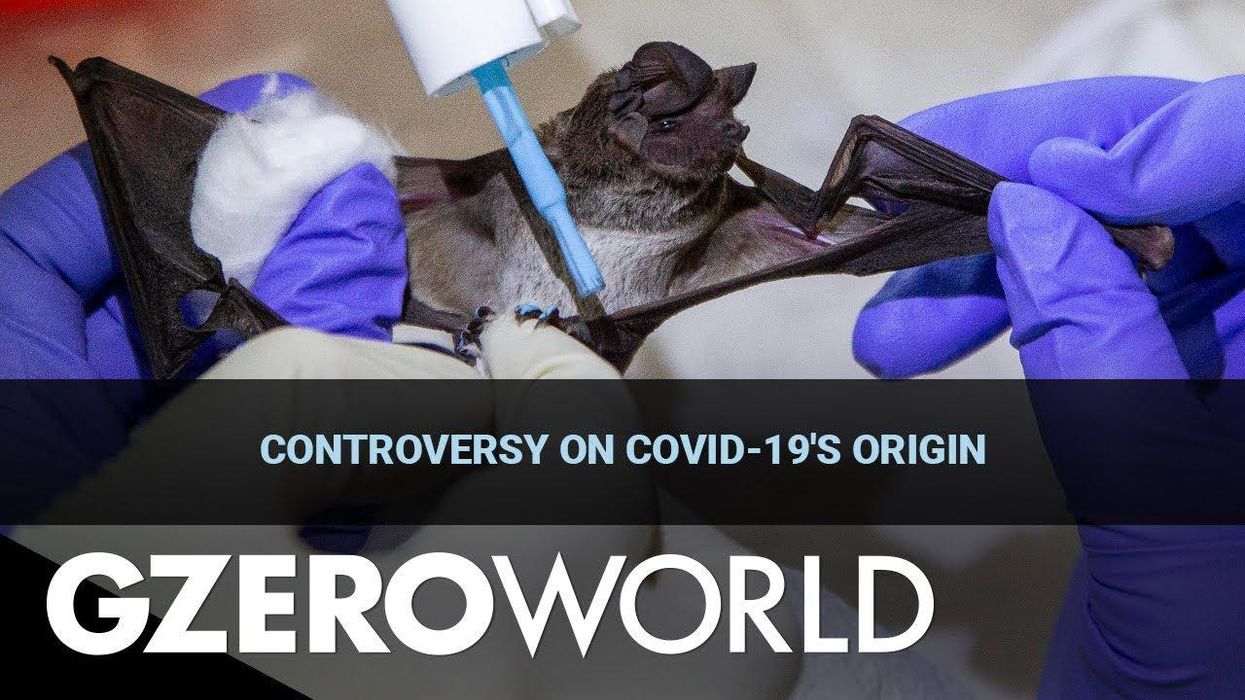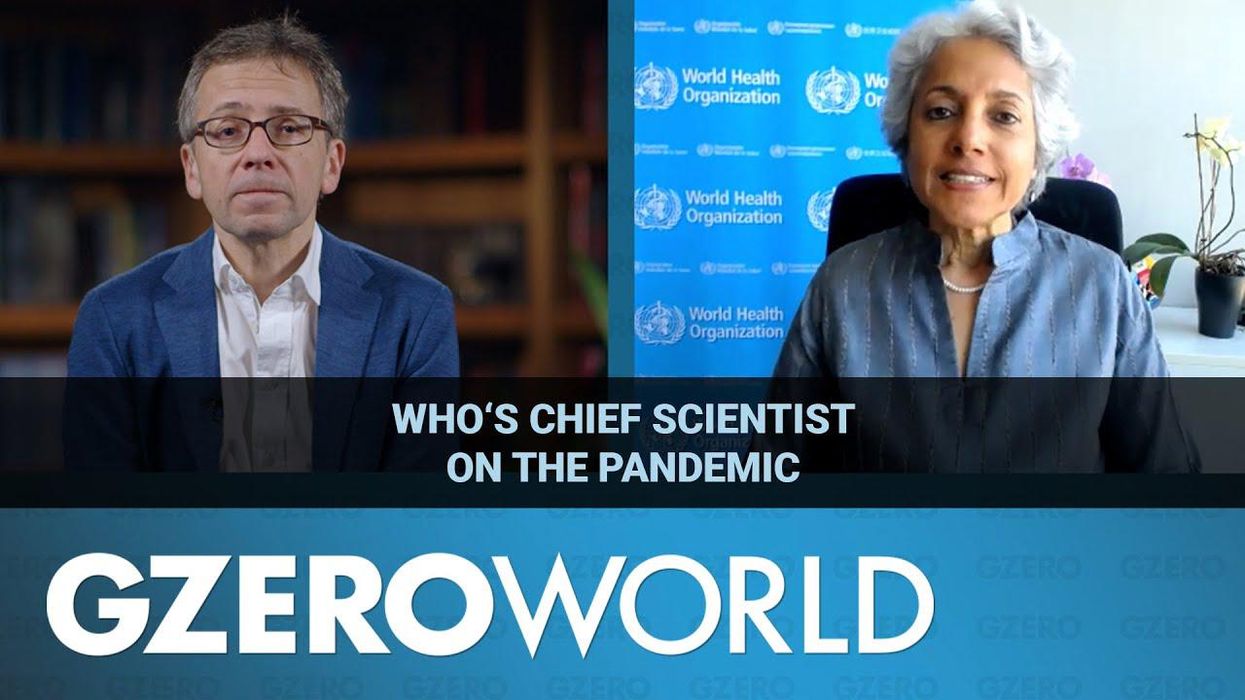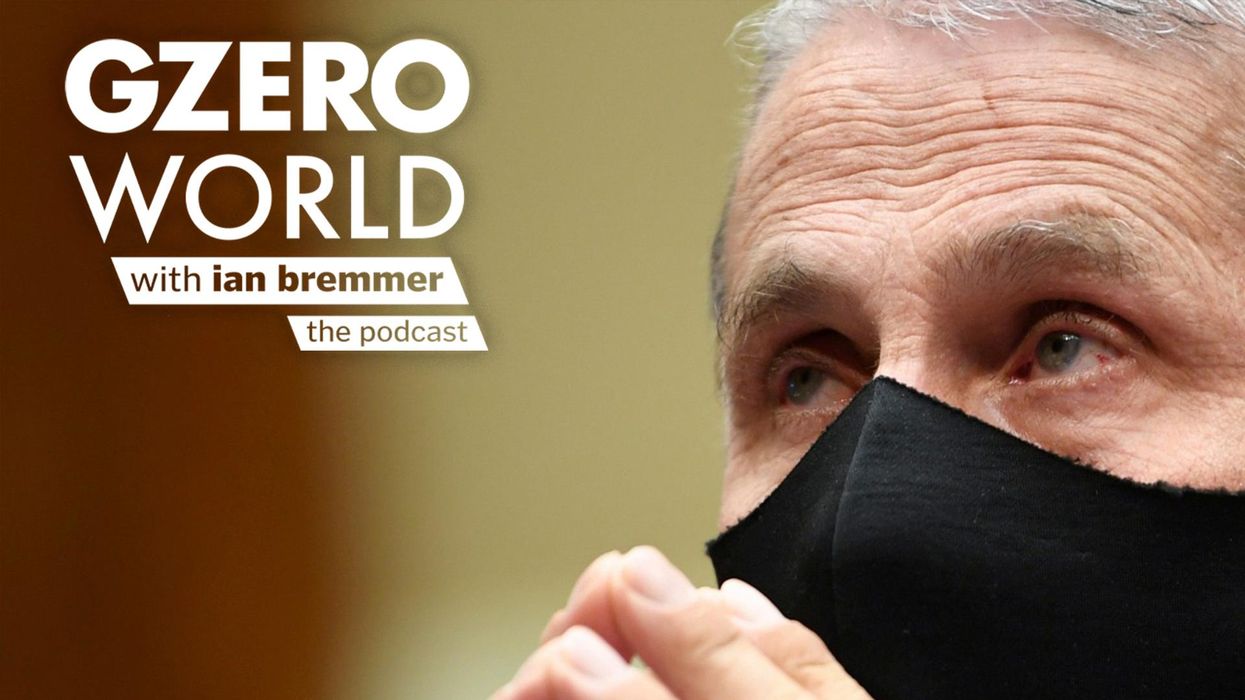GZERO World Clips
Should we worry about bird flu in the US?
How worried should we be about bird flu spreading to humans in the US? Are rising bird flu numbers the beginning of the next pandemic? On GZERO World with Ian Bremmer, New York Times science and global health reporter, Apoorva Mandavalli says that now is the time to start taking bird flu more seriously.
Feb 11, 2025
